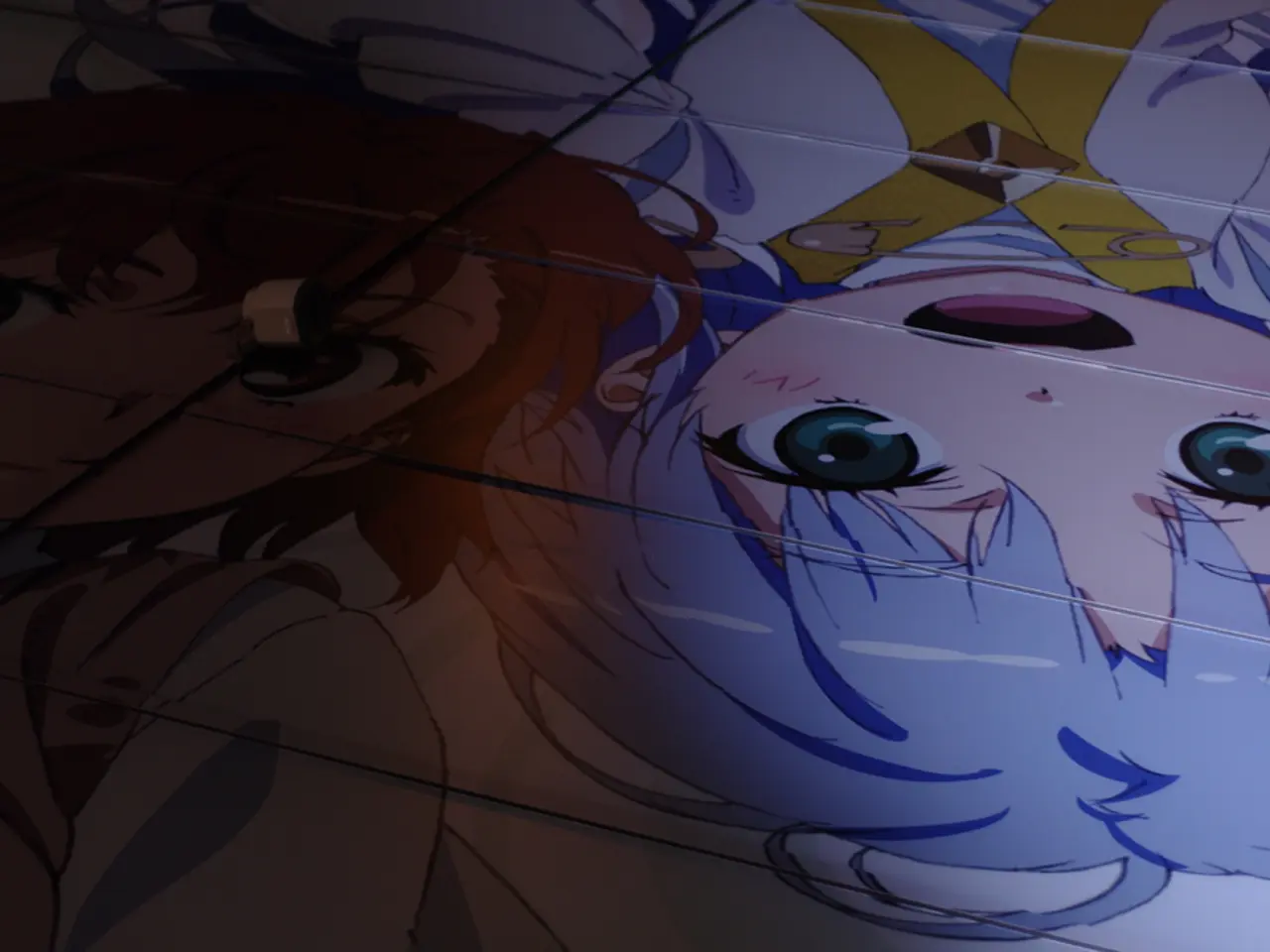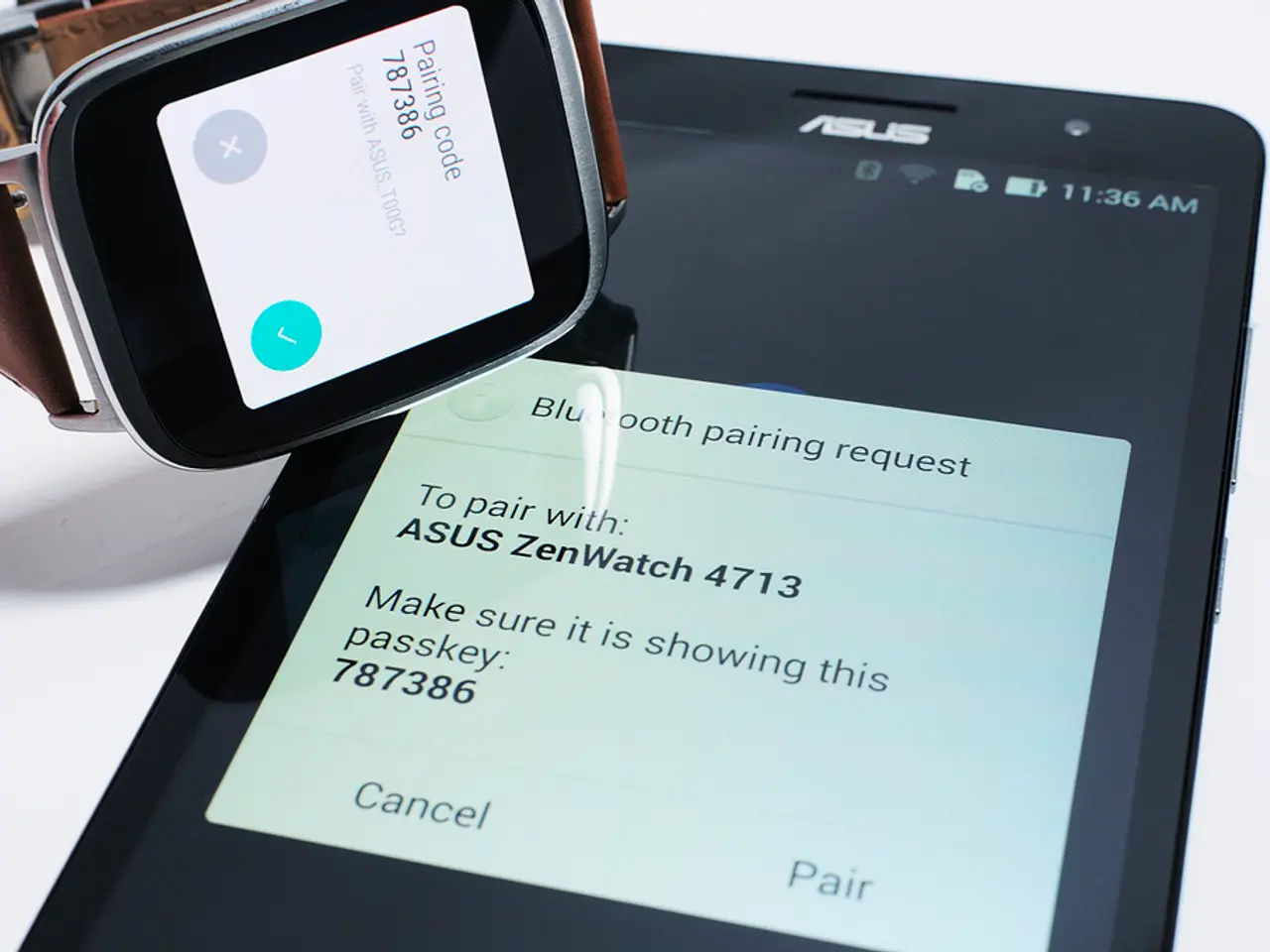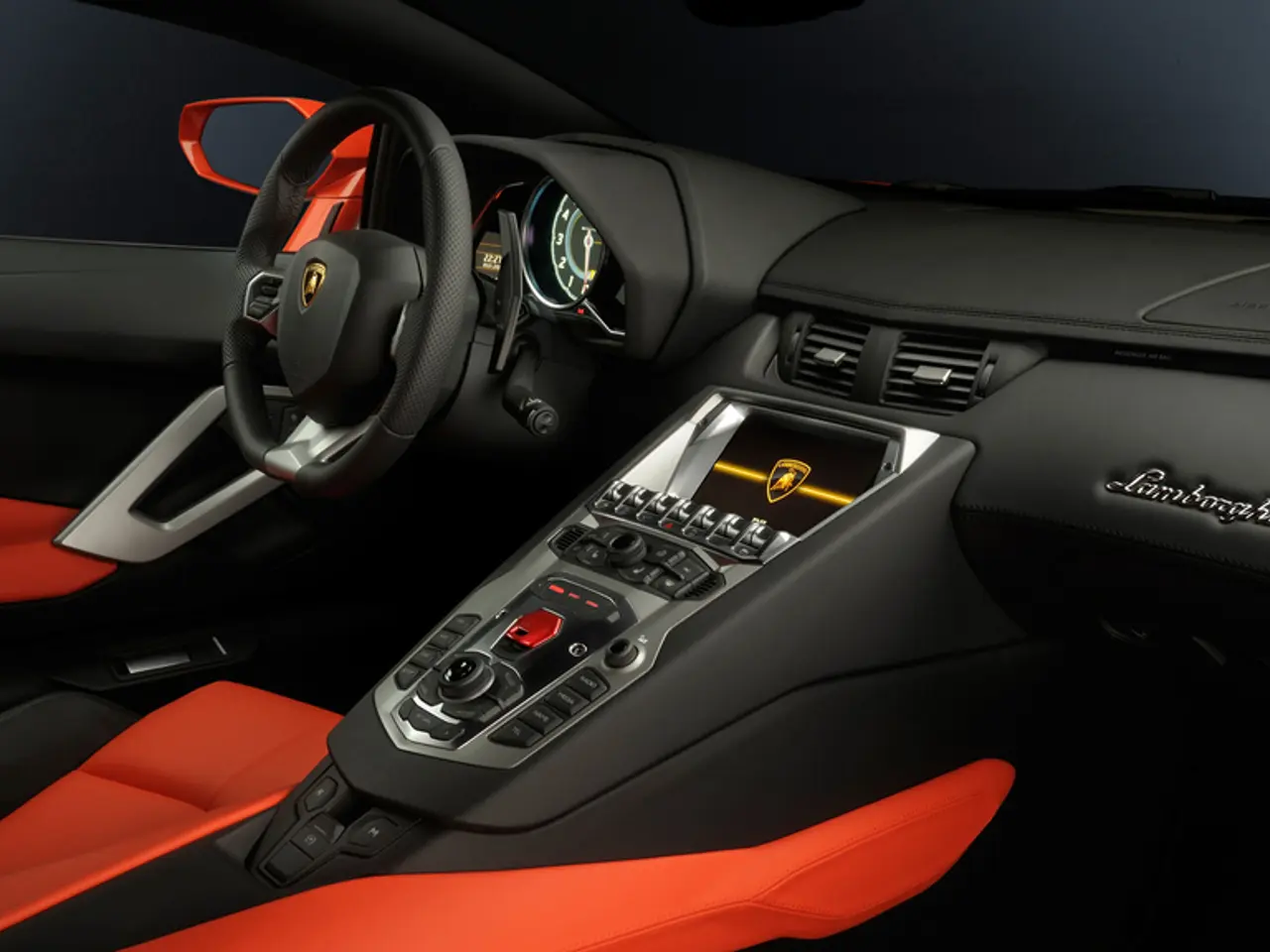Standout Humorous Anime Scenes: Factors that Elevate Them
Anime, with its vibrant art and engaging stories, has become a global phenomenon, introducing universal laughter to fans worldwide. From school life sitcoms to surreal comedies, anime's humour transcends cultural boundaries, offering a unique blend of absurdity, character quirks, and situational comedy that resonates with audiences far and wide.
One such sitcom is "Azumanga Daioh," focusing on the school life and diverse personalities of a group of schoolgirls. Similarly, "Ouran High School Host Club" features a girl in a host club full of quirky boys and their comedic antics. These anime sitcoms, much like their Western counterparts, offer a humorous take on everyday life, making them a delight for fans.
Voice actors play a crucial role in anime humour, giving life to animated characters and making dialogues funny through their tone, pitch, and timing. This is particularly evident in anime that uses parody, such as references to beloved franchises like "Star Wars" or "Harry Potter."
Slapstick humor in anime transcends cultural boundaries through physical actions, such as playful fights. Classics like "Kyou kara Ore wa!!," where high school delinquents' antics lead to hilarious conflicts, including their encounters with the Yakuza, showcase this style of comedy. More recently, improved animation tools have elevated comedic scenes in shows like "My Hero Academia."
Anime also delves into the absurd, as seen in shows like "Nichijou: My Ordinary Life" and its spiritual successor "City," which offer wildly absurd and off-the-wall funny moments. Scenes such as everyday conversations spiraling into exaggerated, surreal chaos define this genre’s humor.
Comedy can also be found in the unexpected, such as when intentions fall apart, leading to extreme expressions or over-the-top reactions that make viewers laugh instead of cry. Unintentional humor can be found in shows like "One Piece" and "One Punch Man," delivering unforgettable laugh-out-loud moments.
Villains in anime often have iconic funny lines that become memes or catchphrases. For example, phrases like *"Baka!"* (Idiot/Fool), said with exaggerated tone, or *"Omoshiroi"* (Interesting/Amusing) delivered with a sinister chuckle, are humorously memorable for their dramatic delivery and the power dynamics they reveal.
Even in serious anime movies, comedic moments stand out. In "Spirited Away," the setting of a witch’s bathhouse filled with bizarre spirits allows for quirky, absurd humor. Notable funny moments include interactions with a sassy frog spirit and a stink god causing chaos, blending magical storytelling with comedic chaos.
Plot twists can sometimes result in comedy when the outcome contradicts the build-up, flipping tension into an unexpected laugh. Cultural references are also key to anime comedy, adding depth and context to jokes. Anime bloopers, like missed lines or awkward acting, can become fan-favorite moments, giving a peek behind the scenes and showing that anime isn't perfect.
In anime, timing isn't just for music; it's also about voice delivery, with sudden changes in voice making scenes funny. Animation advancements have fine-tuned comedic timing, enhancing comedic storytelling. Over the years, anime comedy has evolved, becoming more varied and clever, ensuring that fans will continue to laugh along with their favourite shows for years to come.
In the realm of anime, the unique blend of humor transcends beyond culture, incorporating elements from lifestyle, technology, and entertainment. For instance, sitcoms like "Azumanga Daioh" and "Ouran High School Host Club"prove that anime humor can mirror its Western counterparts, offering comical takes on everyday life. On the other hand, technology-influenced humor is prevalent in shows that parody popular franchises, such as "Star Wars" or "Harry Potter," where voice actors brilliantly deliver humorous dialogues through their tone, pitch, and timing.




